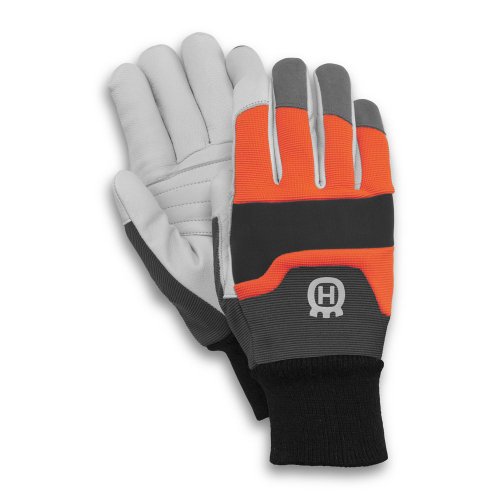txgp17
ArboristSite Lurker
Hello Gents, I've lurked here many times but this is my first post.
I'm career firefighter and presently I'm assigned to maintain tools and equipment. One item that falls into that category is chainsaws. My Dept owns 50 chainsaws, all Stihl.
The model we use for roof ventilation is a MS 460 Rescue. It's your standard 460 with a guard to keep debris off the muffler, a wrap handle, and a carbide tooth chain.
As you can imagine, cutting asphalt shingles with a chainsaw is messy. The saw chain slings bits of asphalt into the air, and they get sucked into the air cooling channel by the flywheel, and when they land on the hot engine block, they melt, and stick to the cooling fins. It's very hard to get off.
So I'm looking for a way to easily remove this stuff without a lot of labor and without ruining the plastic, hoses, and gaskets.
I tried engine degreaser and it didn't touch it. Brake cleaner is awesome but very expensive. Berryman Chem-Dip melts it like butter but it strips paint and discolors the plastic. Gasoline works great but it really make a mess and there's the obvious fire hazard. We've also tried a parts washer that uses Ozzyjuice cleaning fluid but it just won't do the job.
I'm considering removing the carburetor, bar, and handlebar, then draining the fuel and bar oil tanks, and putting it in a 5 gallon bucket, then filling the bucket with kerosene and leaving until the tar is dissolved.
I'd welcome any advice you guys can lend my way.
Here's a pic of one saw, this amount of contamination is common.


I'm career firefighter and presently I'm assigned to maintain tools and equipment. One item that falls into that category is chainsaws. My Dept owns 50 chainsaws, all Stihl.
The model we use for roof ventilation is a MS 460 Rescue. It's your standard 460 with a guard to keep debris off the muffler, a wrap handle, and a carbide tooth chain.
As you can imagine, cutting asphalt shingles with a chainsaw is messy. The saw chain slings bits of asphalt into the air, and they get sucked into the air cooling channel by the flywheel, and when they land on the hot engine block, they melt, and stick to the cooling fins. It's very hard to get off.
So I'm looking for a way to easily remove this stuff without a lot of labor and without ruining the plastic, hoses, and gaskets.
I tried engine degreaser and it didn't touch it. Brake cleaner is awesome but very expensive. Berryman Chem-Dip melts it like butter but it strips paint and discolors the plastic. Gasoline works great but it really make a mess and there's the obvious fire hazard. We've also tried a parts washer that uses Ozzyjuice cleaning fluid but it just won't do the job.
I'm considering removing the carburetor, bar, and handlebar, then draining the fuel and bar oil tanks, and putting it in a 5 gallon bucket, then filling the bucket with kerosene and leaving until the tar is dissolved.
I'd welcome any advice you guys can lend my way.
Here's a pic of one saw, this amount of contamination is common.


























































